Question And Answer
Publications
Articles, publications, books, tools and multimedia features from the U.S. Institute of Peace provide the latest news, analysis, research findings, practitioner guides and reports, all related to the conflict zones and issues that are at the center of the Institute’s work to prevent and reduce violent conflict.
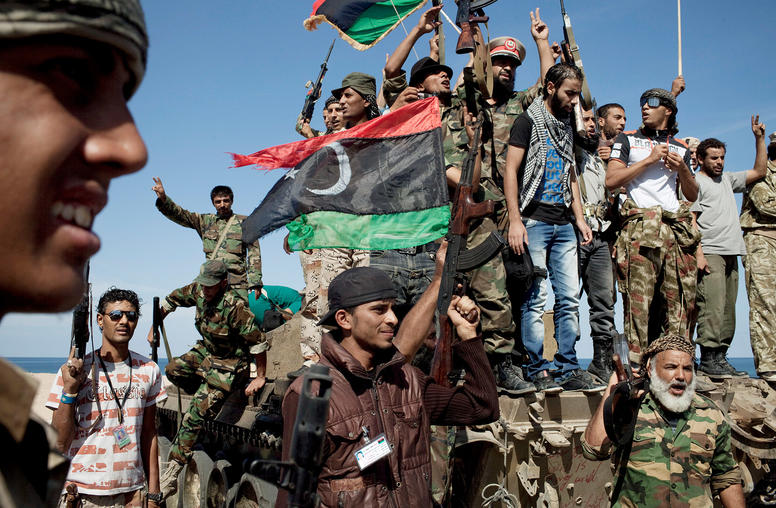
Oil Blockades, Protests and Resignations: The Latest on Libya’s Conflict
As global and regional players jockey for influence, international efforts to resolve the conflict remain stymied and ineffective. Meanwhile, Libya’s vast oil reserves—which provided a decent standard of living for many Libyans prior to 2011—have been under blockade, devasting the economy and livelihoods and leading to mounting frustration among Libyans. Further muddying the waters, the prime minister of the U.N.-backed Government of National Accord (GNA), Fayez al-Sarraj, announced he would step down in October and transfer power to a new administration.
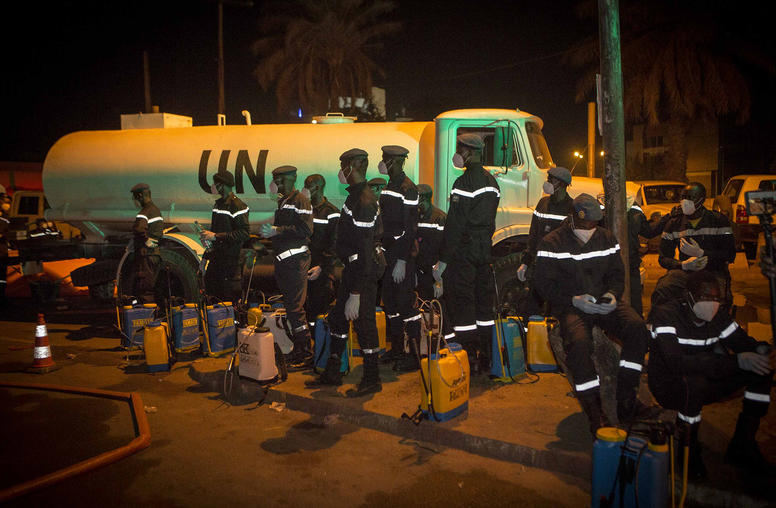
Four Lessons for Cease-fires in the Age of COVID
During his opening remarks at the 75th U.N. General Assembly, Secretary-General António Guterres renewed his appeal for a global humanitarian cease-fire, urging the international community to achieve one in the next 100 days. But in the roughly 180 days since his initial appeal, most conflict parties have not heeded the secretary-general’s plea. What can peacebuilders do to advance the secretary-general’s call? Four key lessons have emerged over the last six months on how cease-fires can be achieved—or stalled—by COVID-19.
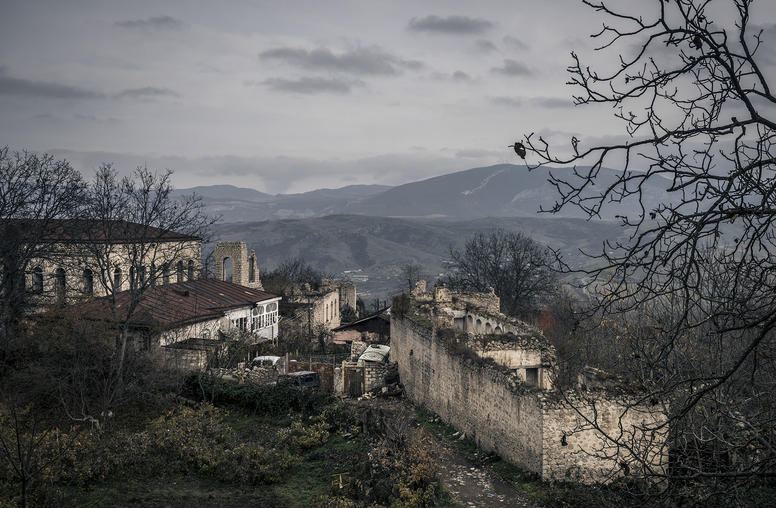
A Fire in the Garden: Can We End the Nagorno-Karabakh War?
Amid the world’s profusion of wars, COVID crisis and turbulent U.S. elections, a reader could overlook the century’s worst eruption of bloodshed between Armenia and Azerbaijan. But the revival this week of war in the Caucasus region should galvanize policymakers in Washington, Europe and Moscow to lean in hard and resurrect vigorous peacemaking for the first time in recent memory. While it’s unclear whether a full resolution can be achieved in any near future, this week’s fighting signals the risk of neglect: a dangerous, wider war.
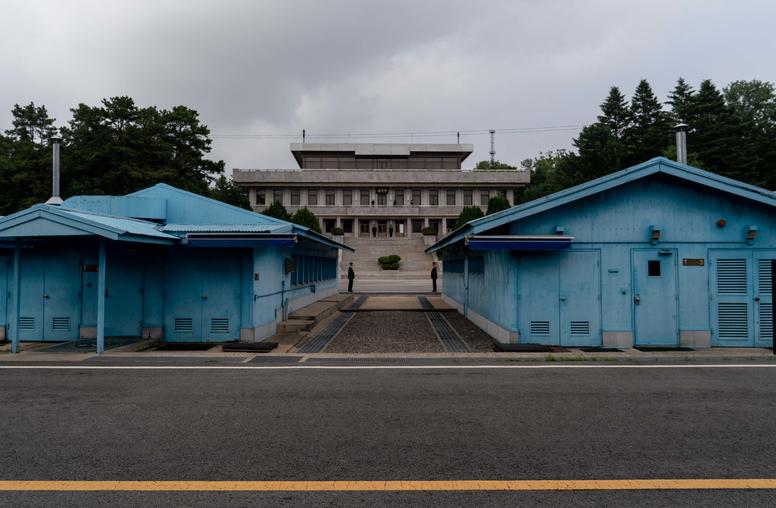
Four Ideas for a More Practical Approach to North Korea
A significant impediment for the United States is that it continues to narrowly limit its policy options while North Korean capabilities expand unabated. Washington’s window of discourse on North Korea policy largely consists of: Pressure the Kim regime through sanctions; don’t legitimize or reward it until preconditions are met; and don’t make any concessions until the North takes significant denuclearization measures first. To achieve any sustained results, these policy boundaries must be substantially widened to include more realistic and practical measures. We, along with our colleagues at USIP, explored many of these issues in a recent report, “A Peace Regime for the Korean Peninsula.”
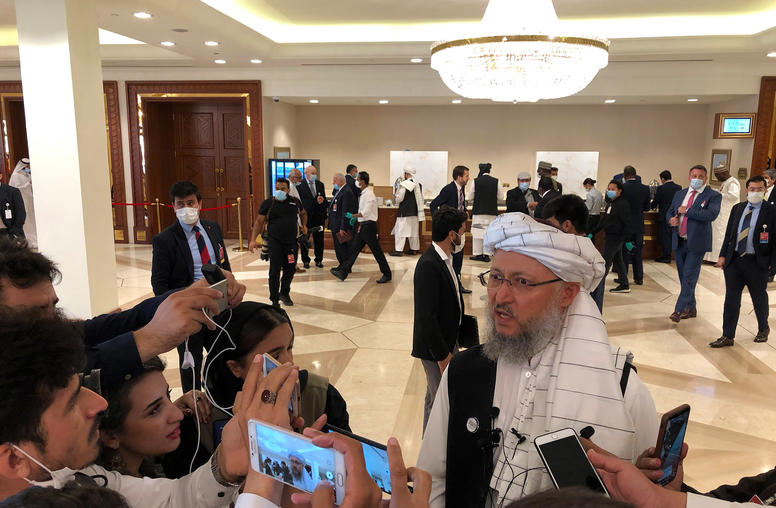
Whither Islam in Afghanistan’s Political System After the Taliban Talks?
The question of how and where Islam should fit into future legal and political frameworks has emerged as a major sticking point in the talks between the Taliban and the Afghan government in Qatar. How this question is resolved will be closely watched by Afghans, who want to ensure their hard-won rights are not sacrificed for the sake of a deal with the Taliban—Afghan women in particular have much at stake. The international community will similarly scrutinize the outcome, and their engagement with Afghanistan after the talks is expected to be conditioned on the contours of any political settlement.
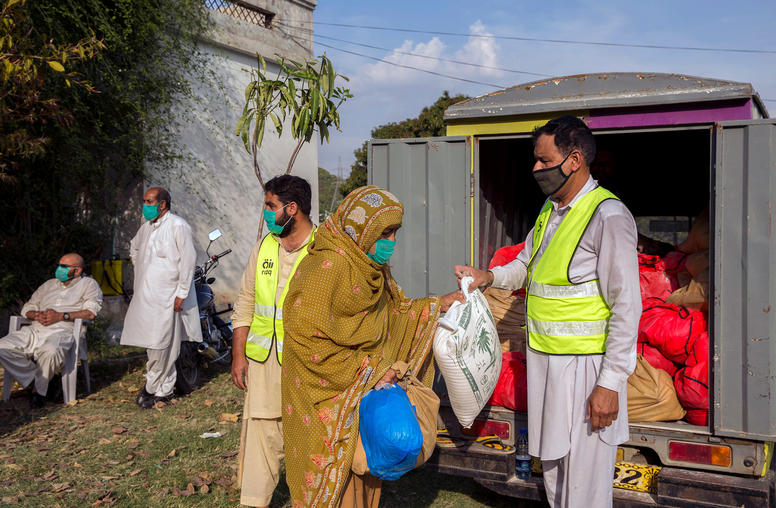
Pakistan Faces a Long Road to Sustainable Growth
At the turn of the century, Pakistan had the highest GDP per capita when compared with India, Bangladesh, and Vietnam. Twenty years later, it is at the bottom of the group. Political upheaval, a violent insurgency fed by the war in Afghanistan, and the inability of successive governments to carry out reforms are to blame for this decline. Today, a polarized political environment and elite intrigue among civilian, judicial, and military institutions has made sustainable economic growth and reforms that much more unlikely. The COVID-19 pandemic has further sharpened the challenge.
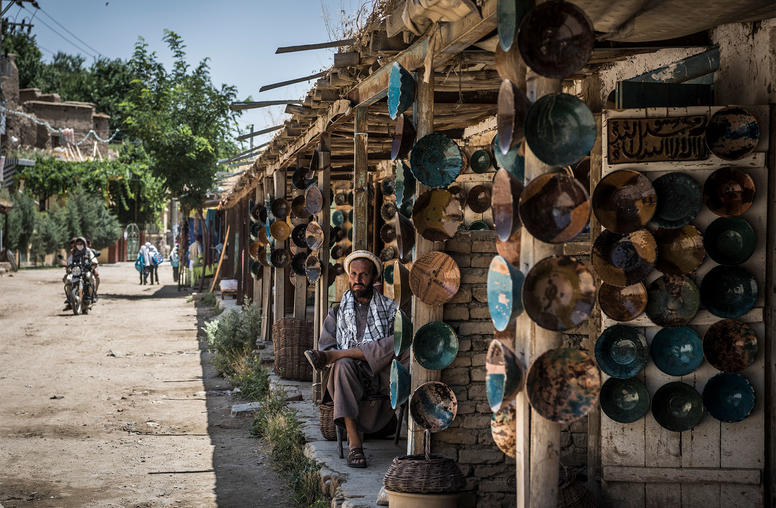
Afghanistan Donor Conference 2020: Pitfalls and Possibilities
When Afghan officials and international donors meet next month to consider future aid commitments to Afghanistan, they will face a changed situation from their last gathering four years ago. Then, the focus was on tying financial assistance to government reform in the midst of ongoing war with the Taliban; peace was barely on the agenda. Now, peace talks between the Taliban and the government have begun, and a new Afghan administration is still taking shape with an agreement that resolved the disputed 2019 presidential election. Meanwhile, fighting and casualties remain at unsustainable levels and the country is reckoning with the COVID-19 pandemic and its consequences.
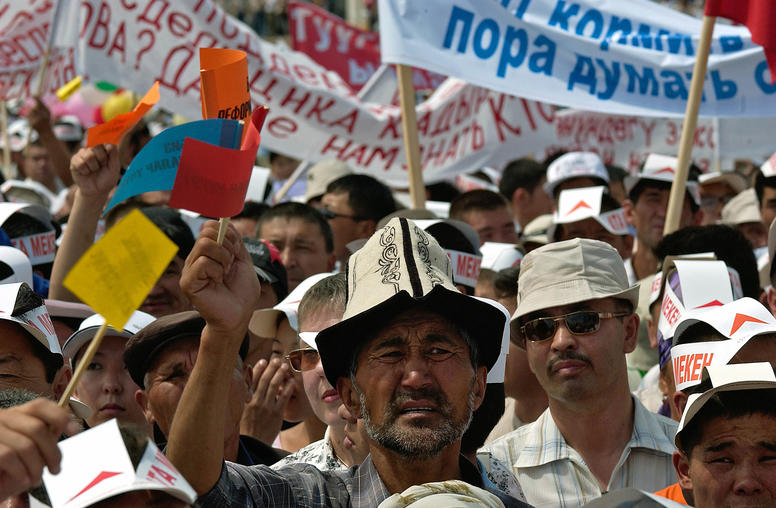
In Kyrgyzstan, It’s Easier to Start a Revolution than to Finish It
For the third time in 15 years protesters in the Kyrgyz Republic capital of Bishkek have seized and set fire to the “White House,” the seat of parliament and presidential staff. The situation is chaotic with multiple political actors claiming to be in charge and the threat of chaos expanding to the provinces. It is a scene all too familiar to Kyrgyzstan in the last 15 years, leading to a cycle of protests and calls for advancing democracy followed by backsliding into authoritarianism. While working to stabilize the situation in the short term, the United States and regional actors should be cognizant of the country’s deep regional and ethnic fault lines and support actors in Kyrgyzstan who will address them so that this time the cycle does not repeat itself.
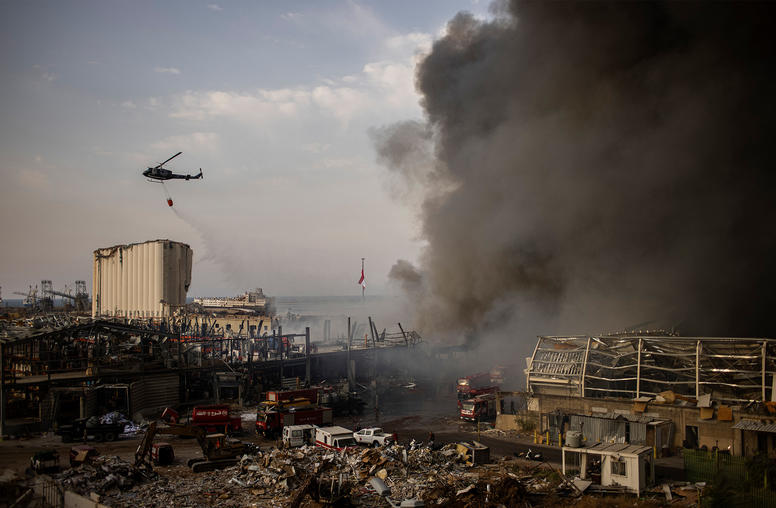
Lebanon on the Brink as Reform Remains Stalled After Beirut Blast
More than two months after a massive explosion rocked Beirut, the country’s twin political and economic crises continue to spiral while a COVID crisis descends upon the Mediterranean nation. International aid for repairing billions in damage and bolstering Lebanon’s flailing economy is largely contingent on sweeping political reforms that have yet to materialize. After another Lebanese prime minister resigned last month, President Michel Aoun has called for consultations next week with members of parliament to name a new premier. This comes days before the October 17 anniversary of mass protests that broke out last year, which began as demonstrations against unpopular taxes but rapidly expanded to calls for an overhaul of the country’s sectarian-based political system.
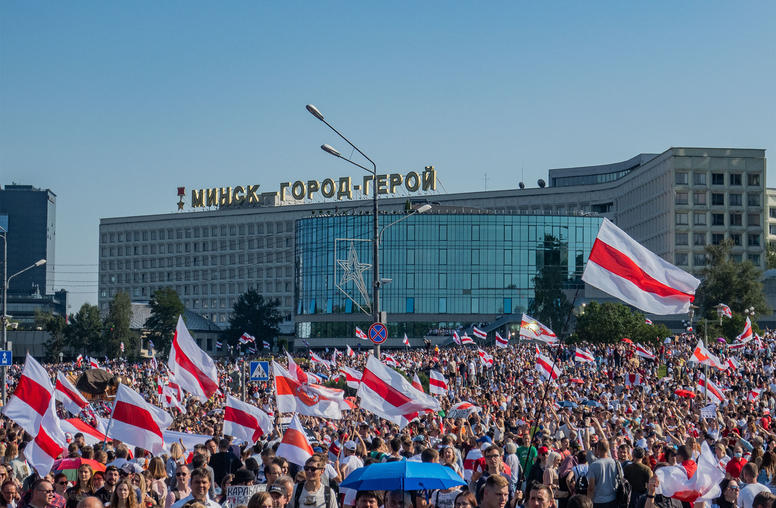
As Russia Bars Democracy in Belarus, Risks Will Rise
As people in Belarus continue massive protests against an autocratic ruler and a rigged election, risks are rising that Russia’s military could take a direct role, less visible than an overt invasion, projecting power westward toward NATO and threatening Ukraine from the north. The dramatic images of this prodemocracy movement resemble those from neighboring Ukraine, yet one difference is critical. The Belarus uprising seeks no sharp break from Russia or turn toward the European Union or NATO. So effective policies to advance Belarusians’ democratic hopes should work for the long term.